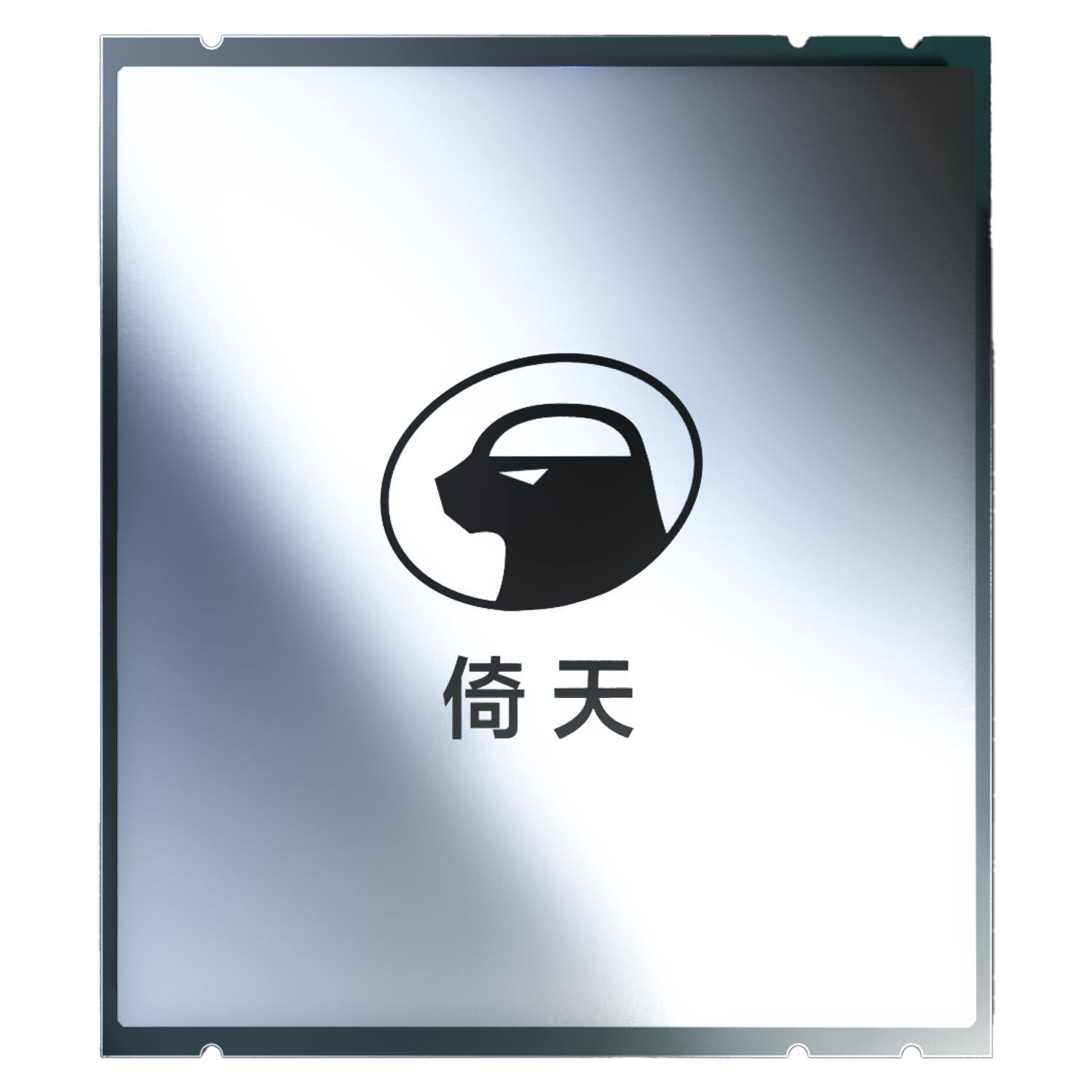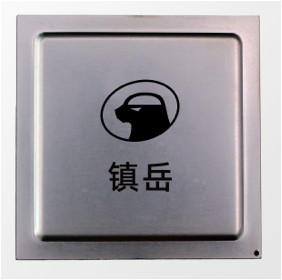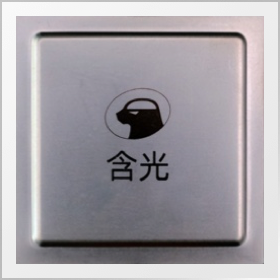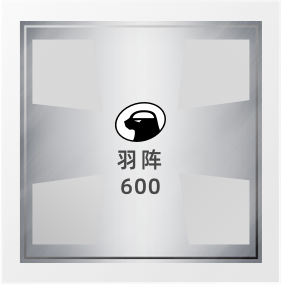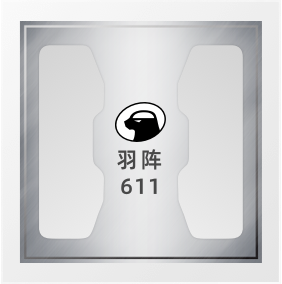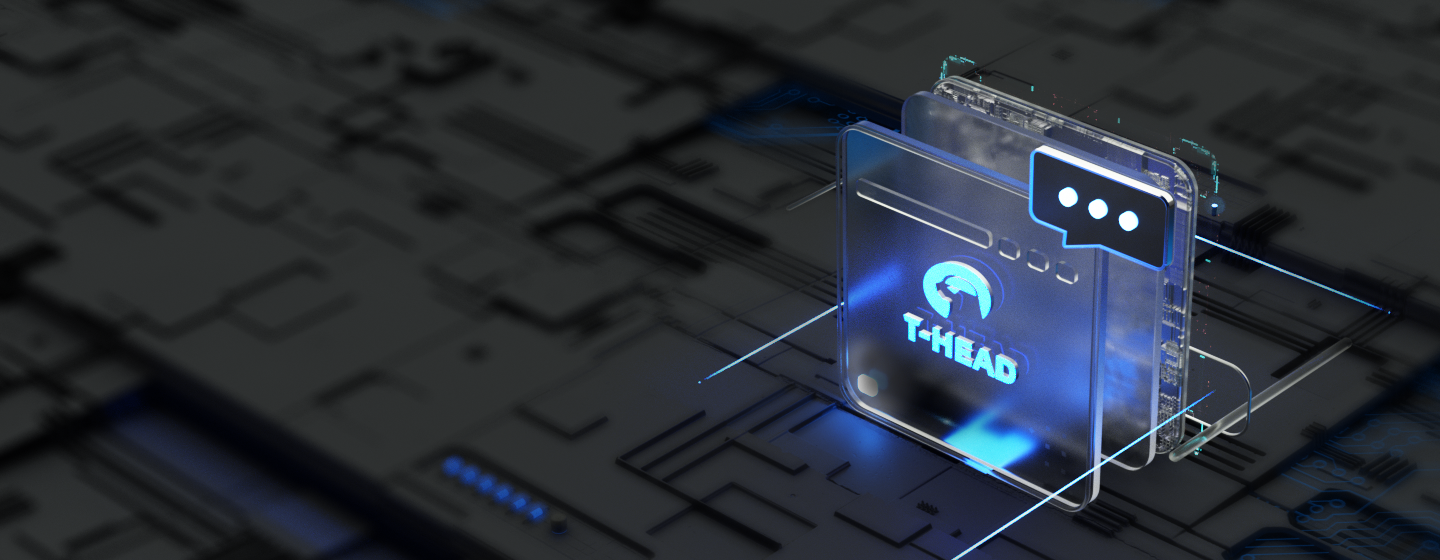Hangzhou, China, September 25, 2019 – Alibaba Group (NYSE: BABA) today unveiled its first AI inference chip developed by T-Head under the Alibaba DAMO Academy, an initiative to lead technology development and scientific research.
The high-performance AI inference chip, a neural processing unit (NPU) named Hanguang 800 that specializes in the acceleration of machine learning tasks, was announced at AlibabaCloud’s annual flagship Apsara Computing Conference. It is currently being used internally within Alibaba’s business operations, especially in product search and automatic translation on e-commerce sites, personalized recommendations, advertising, and intelligent customer services. These areas require extensive computing power for the AI tasks to optimize the shopping experience.
“The launch of Hanguang 800 is an important step in our pursuit of next-generation technologies, boosting computing capabilities that will drive both our current and emerging businesses while improving energy-efficiency,” said Jeff Zhang, Alibaba Group CTO and President of Alibaba Cloud Intelligence. “In the near future, we plan to empower our clients by providing access through our cloud business to the advanced computing that is made possible by the chip, anytime and anywhere.”
A key goal for Alibaba Cloud is to offer a leading technology infrastructure that benefits companies of all sizes and narrows existing gaps in the access to technology, ultimately making the world more inclusive.
Propelled by a self-developed hardware framework, as well as highly-optimized algorithm designs that are tailored for business applications such as retail and logistics in the Alibaba ecosystem, Hanguang 800 has recorded remarkable performance in tests. The single-chip computing performance reached 78,563 IPS at peak moment, while the computation efficiency was 500 IPS/W during the Resnet-50 Inference test. Both performance scores largely outpace the industry average, showcasing advantages underscored by a remarkable balance between powerful computing capabilities and the highest level of computational efficiency.
For example, around one billion product images are uploaded to Taobao, Alibaba’s e- commerce site, every day by merchants. It used to take the machine one hour to categorize such a large volume of images, and then tailor search and personalized recommendations to be provided to hundreds of millions of consumers. But with Hanguang 800, it now only takes the machine 5 minutes to complete the same task.
Alibaba’s research unit, T-Head – whose Chinese name is “Pintouge,” meaning “honey badger” – leads the innovation around chip design for both cloud and edge computing. They are also responsible for nurturing an inclusive edge-to-cloud computing ecosystem by collaborating with global partners in the chip industry. Earlier this year, T-Head debuted XuanTie 910, a high-performance IoT processor based on RISC-V, the open source instruction set architecture (ISA). XuanTie 910 was designed to serve the heavy-duty IoT applications which require high-performance computing, such as AI, networking, gateway, self-driving automobiles and edge servers. Global developers have been able to successfully access certain code within the high-performance processor and leverage this technology to develop prototypes for their own chips.





